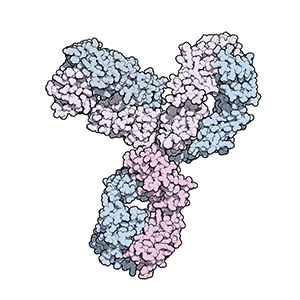Pneumology - Case Reports
28 July 2022
Vol. 93 No. 2 (2023)
Interstitial nephritis secondary to treatment with pembrolizumab, a rare complication in two patients with lung adenocarcinoma

Publisher's note
All claims expressed in this article are solely those of the authors and do not necessarily represent those of their affiliated organizations, or those of the publisher, the editors and the reviewers. Any product that may be evaluated in this article or claim that may be made by its manufacturer is not guaranteed or endorsed by the publisher.
All claims expressed in this article are solely those of the authors and do not necessarily represent those of their affiliated organizations, or those of the publisher, the editors and the reviewers. Any product that may be evaluated in this article or claim that may be made by its manufacturer is not guaranteed or endorsed by the publisher.
1244
Views
489
Downloads







